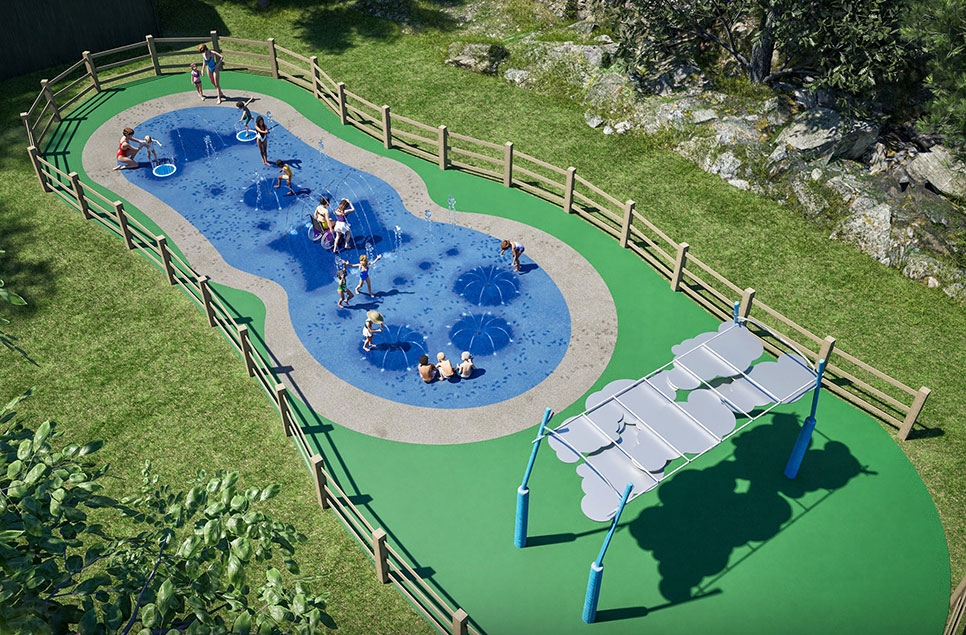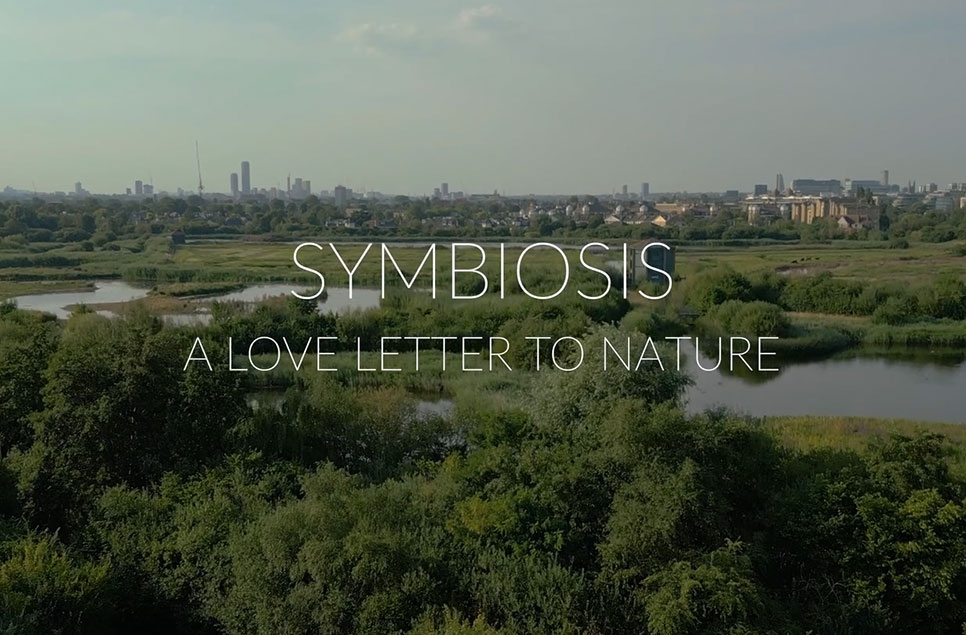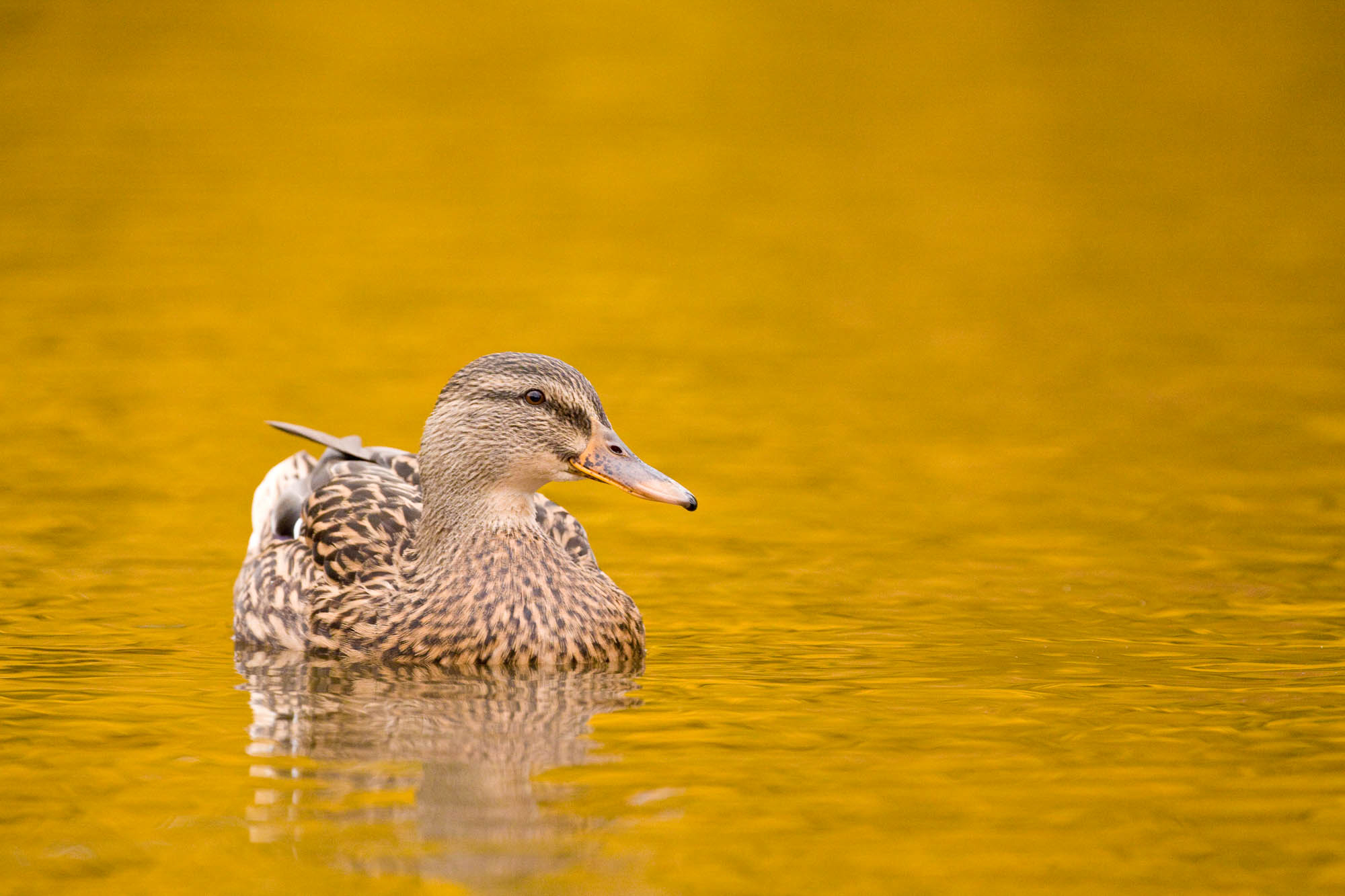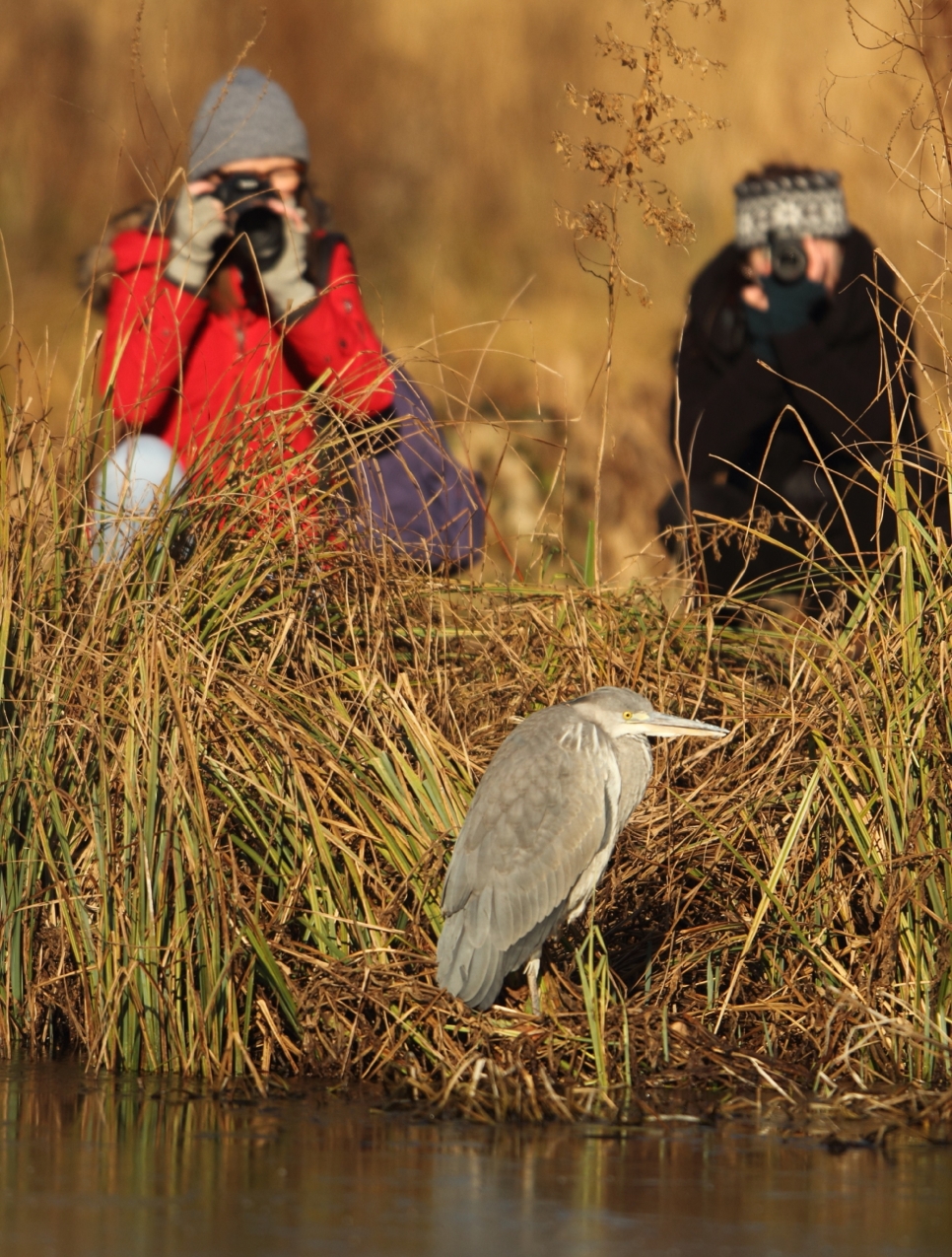Otters arrive at WWT London Wetland Centre
London Wetland Centre is delighted to announce the arrival of a family of otters, everyone’s favourite wetland mammal!
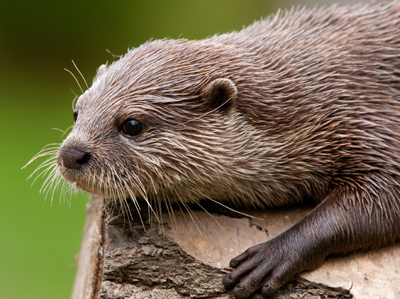
From 2 June visitors to WWT London Wetland Centre will be able to see a family of four Asian short-clawed otters playing, foraging, feeding, swimming and grooming. Visitors can even watch them sleeping in their specially designed holt, although this species of otter is more active during the day than some of the 13 other species found worldwide. Asian short-clawed otters are the smallest otters in the world and live well together in family groups, unlike most other otters which tend to be solitary. They often play games which helps their young to develop hunting skills.
Asian short-clawed otters catch their food with their paws rather than in their mouth, feeding mainly on small creatures such as crabs. The wardens at London Wetland Centre hide the otters’ food so they have to search for it, as they would in the wild. Visitors can watch the otters being fed daily, learning more about their habitats and behaviour from the wardens.
Martin Senior, General Manager at WWT London Wetland Centre, said, “We are thrilled at the arrival of this key wetland species here at London Wetland Centre. The otters are a real delight to watch and we hope that they will inspire our visitors to realise the importance of protecting wetlands so that all animals, not just otters, can thrive. ”
Otters are a good indication of clean water and healthy wetland habitats. As they are usually at the top of the food chain, if there are problems with wetlands the otter population declines. The UK’s native European otter is a conservation success story. Fifty years ago the rivers of the UK suffered from pollution by organo-chlorine pesticides and as a result otters had disappeared from almost all of the country.
However, in the 1970s the government banned harmful chemicals and slowly the health of the rivers improved and the UK otter population flourished. By 2011 there were otters in every county.
Asian short-clawed otters live in marshy areas, such as swamps, pools and rice fields, across Asia. Unfortunately, these appealing wetland creatures are listed as ‘vulnerable’ because of pollution, habitat loss and hunting. The Wildfowl & Wetlands Trust (WWT) breeds otters in order to understand more about them to be able to help them in the wild, and to inspire visitors to help protect wetlands and the wildlife that depends on them.
